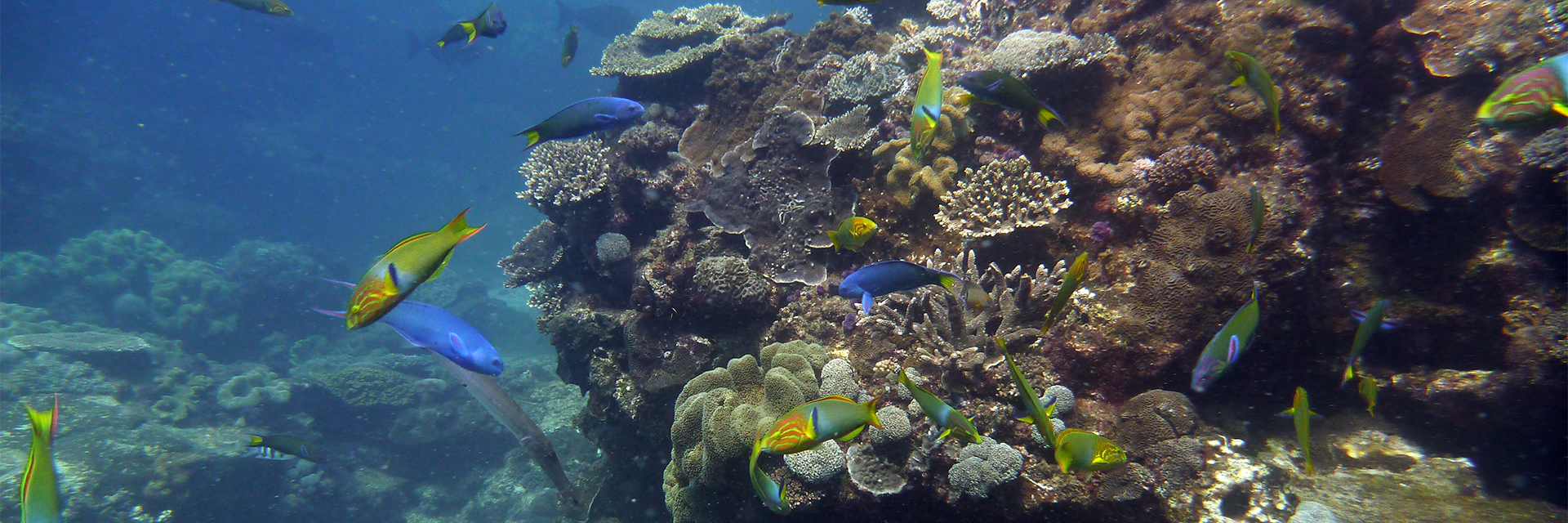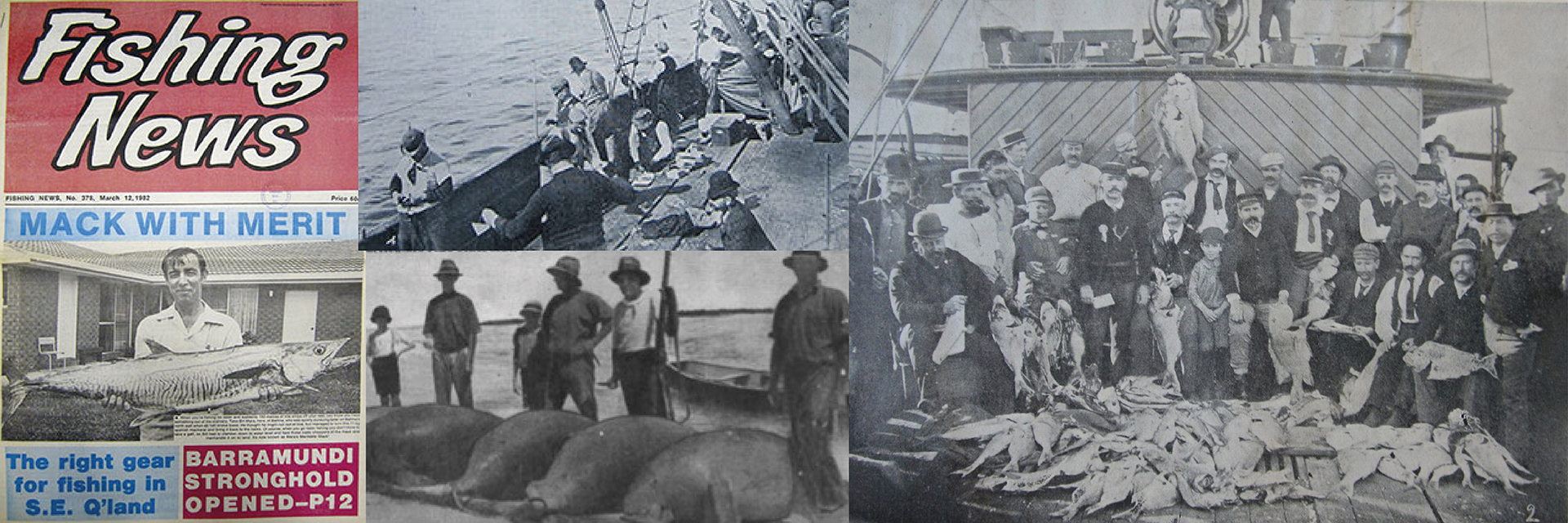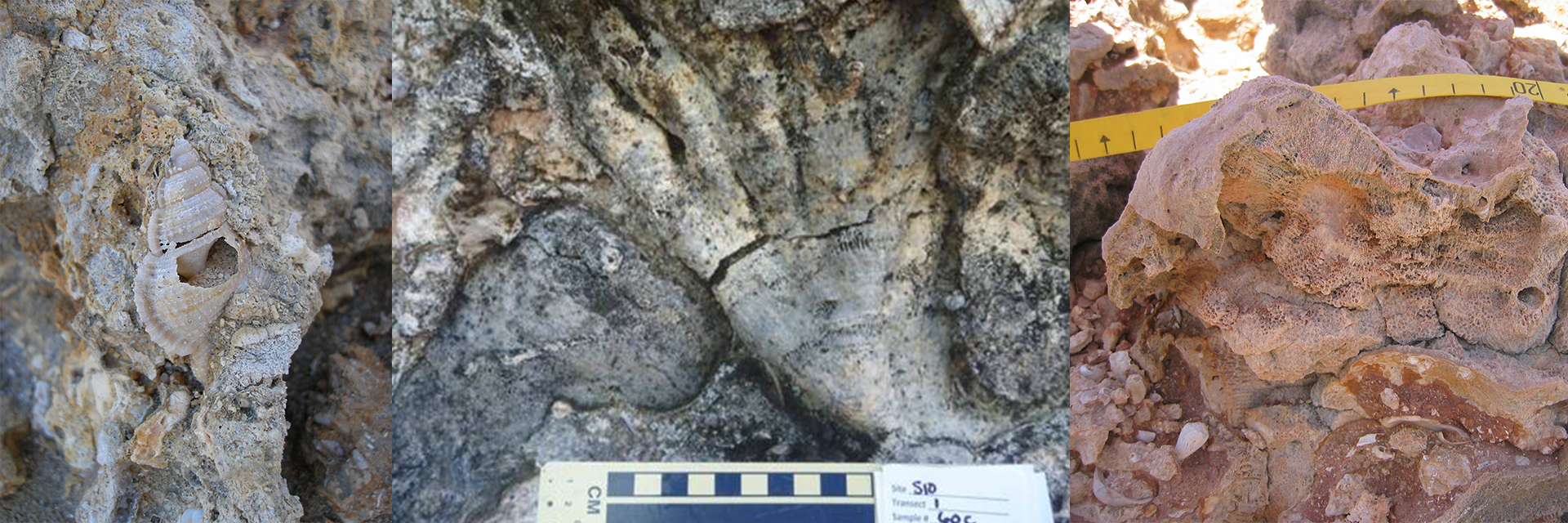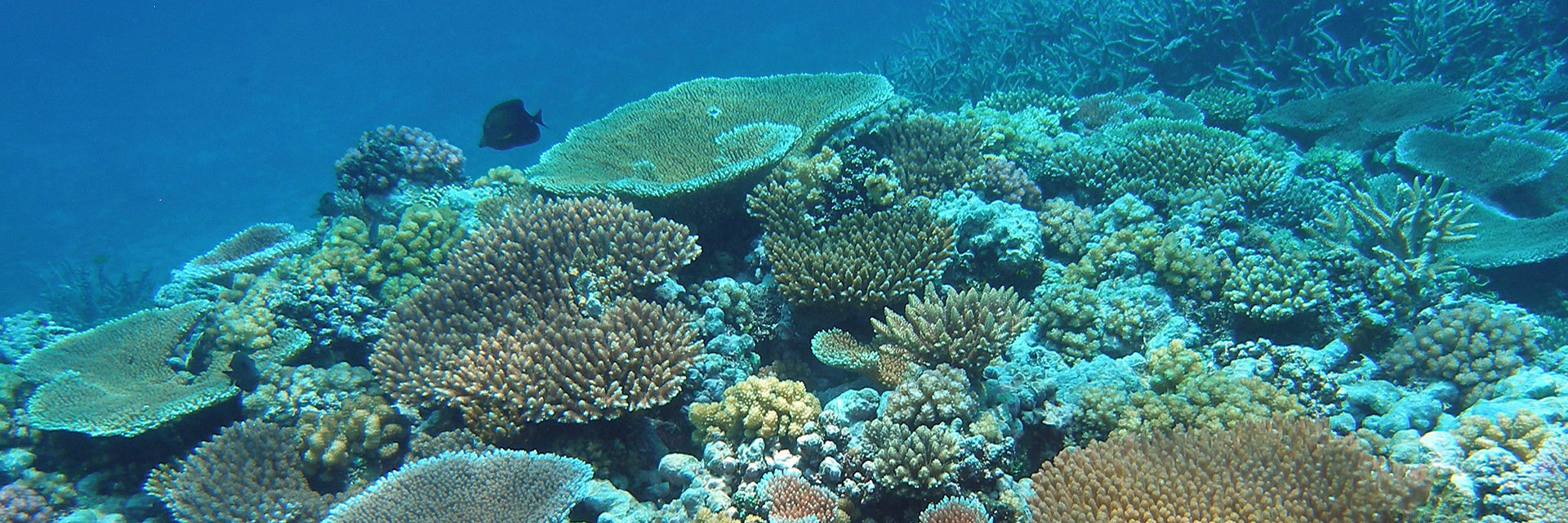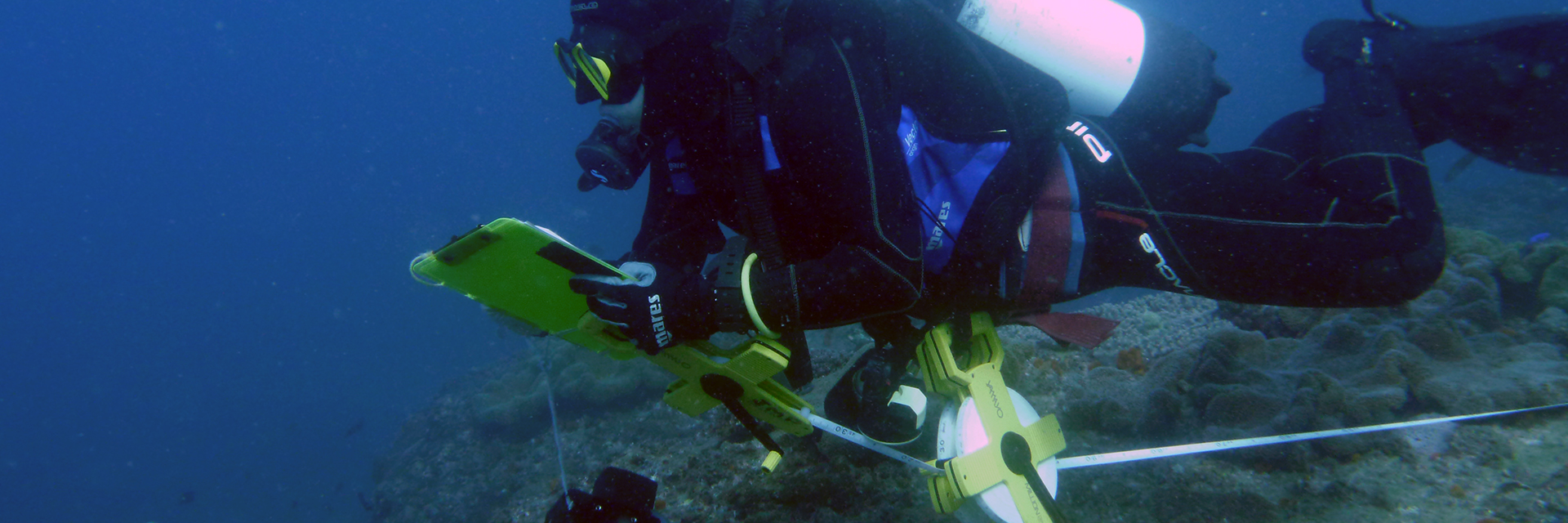An understanding of the past response of coral reef ecosystems to climate change is essential for predicting ecosystem response to IPCC (2007) projected climate change for the next century. Pleistocene coral reefs experienced large temperature and CO2 fluctuations that influenced species distribution patterns on multiple temporal and geographic scales. Our knowledge of these ancient reefs is now at a sufficient level to conduct a global-scale macro-ecological meta-analysis of changes in species distribution patterns from the Late Pleistocene (500 ka to 80 ka; ka = thousand years ago) through the Holocene (past 10 ka) to the modern living coral reef. Our analytical approach covers three levels: 1) Global scale – biogeography (species vs genus; abundance vs presence/absence); 2) Regional scale – beta diversity/turnover; and 3) Local scale – community ecology/stability through time. We are gathering comprehensive distributional data on Pleistocene and living coral reefs, including corals and molluscs.
People:
John M. Pandolfi
Collaborators:
Wolfgang Kiessling, Museum für Naturkunde Berlin
